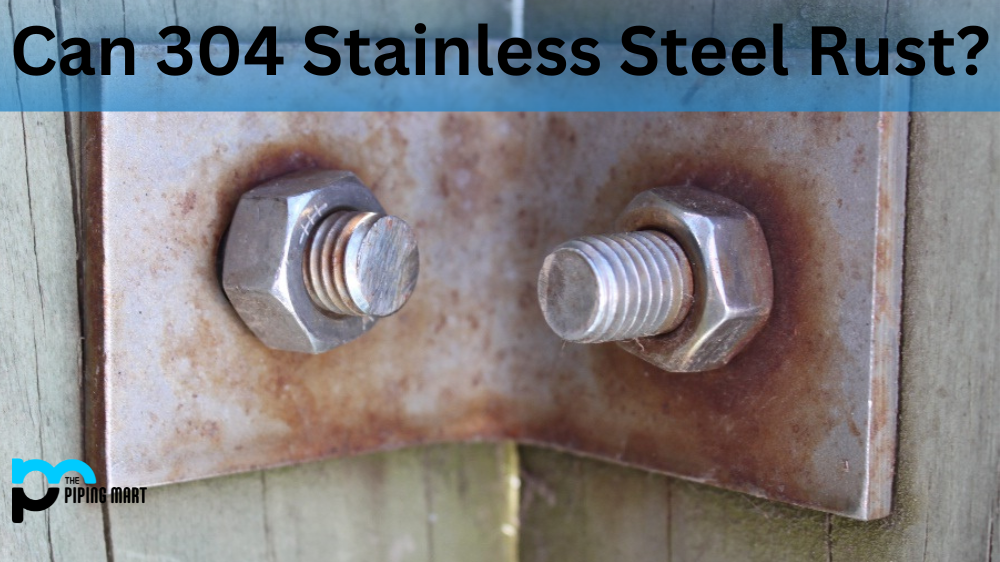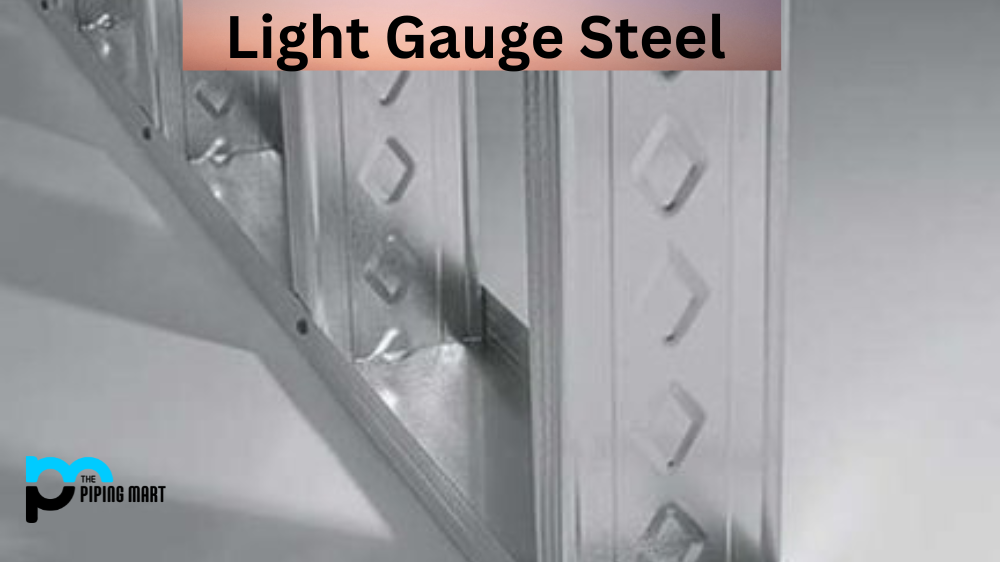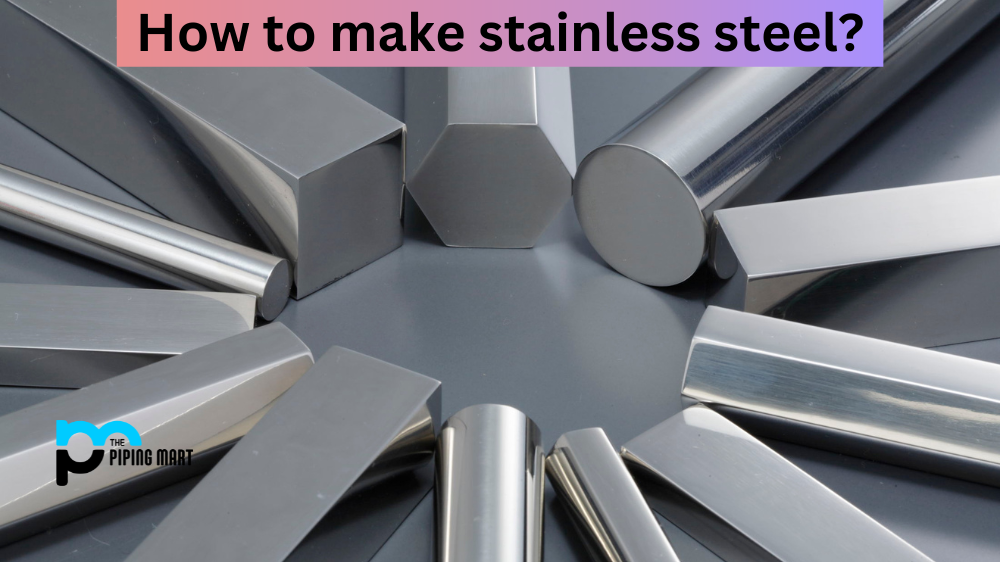When it comes to rust, stainless steel is often thought of as the most corrosion-resistant metal. But is this true in all cases? In particular, can 304 stainless steel rust? Let’s look at what makes 304 stainless steel so special and if it’s vulnerable to rusting.
What Is 304 Stainless Steel?
304 stainless steel is one of the most common types of austenitic stainless steel available on the market. It is an austenite alloy containing chromium and nickel and has excellent corrosion resistance. It also has good formability and weldability, making it a popular choice for many applications, including kitchen appliances and food-processing equipment.
Is 304 Stainless Steel Rust Proof?
While 304 stainless steel offers some protection against rusting, this does not mean it is entirely immune to oxidation. It can corrode over time when exposed to certain conditions—such as high humidity or salt water. This corrosion appears in the form of brown spots or streaks on the surface of the metal and can eventually lead to pitting or rusting if not treated properly.
How Can You Prevent 304 Stainless Steel From Rusting?
Fortunately, there are steps that you can take to prevent your 304 stainless steel from rusting or corroding. One way to do this is by cleaning your stainless steel regularly with warm water and soap. This will help keep dirt and debris off the surface of the metal, which can cause staining or discoloration over time. Additionally, you should dry your stainless steel after each use, as moisture left behind can cause further damage. Finally, consider using sealants or coatings on your stainless steel objects which will help protect them from exposure to moisture and other corrosive elements in the environment.
Conclusion:
In conclusion, while 304 stainless steel may be more resistant to corrosion than other metals, it still can rust if exposed to certain environmental conditions such as high humidity or salt water. To prevent this from happening, make sure to clean your stainless steel regularly with warm water and soap and dry it after each use; additionally, consider applying sealants or coatings, which will help protect the metal from further damage caused by exposure to moisture or other corrosive elements in its environment. With proper care and maintenance, you can ensure that your 304 stainless steel objects remain rust-free for years to come!

Meet Bhavesh, a seasoned blogger with a wealth of knowledge and experience. From metal products manufacturing to retail, Bhavesh has a diverse background in various industries and is dedicated to sharing his insights and expertise with readers.




